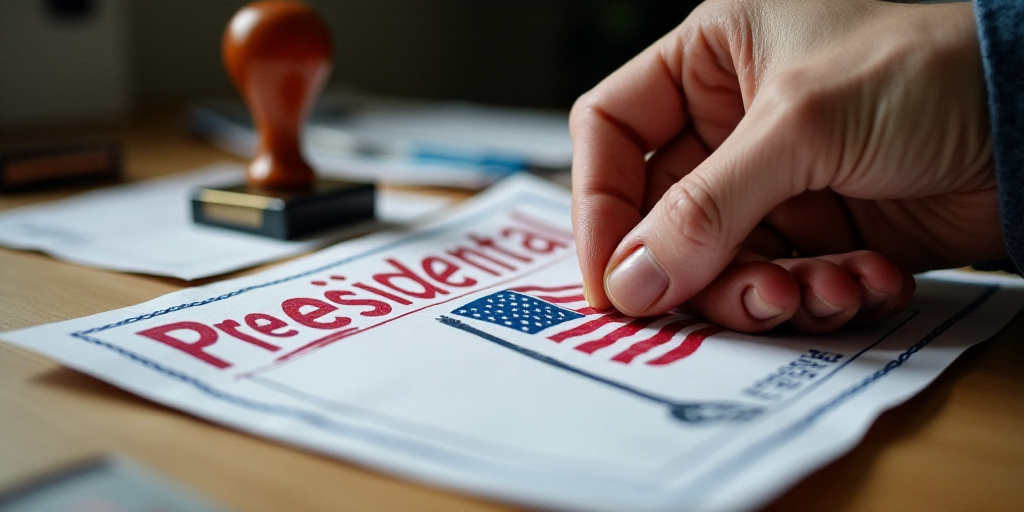Background on the Situation in Chile
Chile, after a decade of voluntary voting, has reinstated mandatory voting to increase electoral participation. In 2021, the voter turnout for presidential elections was only 55%.
Key Figures and Context
José Miguel Castro, the president of Chile’s Chamber of Deputies and an opposition figure, expressed satisfaction with the agreement following the vote. The legislation was approved by an overwhelming majority in the Senate on September 10, following a cross-party pact.
The New Legislation
On Monday, the Chilean Congress approved a bill imposing fines of up to $100 on those who fail to vote in the upcoming November elections. This move aims to boost participation after the country reinstated mandatory voting.
Impact on Foreign Voters
In the same session, stricter voting requirements for foreign residents in Chile were also approved, but these changes will only take effect in 2026. For the November elections, foreign voters can continue to cast their ballots as they have been doing.
Currently, Chile allows residents with five years of continuous stay to vote in any election. Among only six countries worldwide that permit foreigners to vote in general elections, Chile is one of them, along with Uruguay, New Zealand, Malawi, and Ecuador, according to the International Institute for Democracy Assistance based in Sweden.
Changes to Foreign Voter Requirements
The approved legislation raises the residency requirement for voting to ten consecutive years. The number of immigrants in Chile has doubled over the past seven years, reaching 8.8% in 2024, largely due to the arrival of Venezuelans, as reported by Chile’s National Statistics Institute (INE).
Out of the 15.6 million eligible voters for the November elections, 880,000 are foreign nationals, according to the INE.
Expert Analysis
Rodrigo Espinoza, an analyst from Diego Portales University, explained to AFP that foreign voter participation will be “more significant than ever” and could potentially sway the election outcome. He also noted that the fines for non-voting will likely result in higher participation rates, with a majority of “obligated” voters leaning towards ultraconservative candidate José Antonio Kast.





